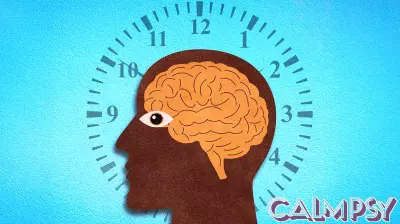New Research Uncovers the Psychological Impact of AI Bias on Human Beliefs
December 24, 2024 - 03:20

Recent findings from University College London (UCL) have shed light on the significant ways in which biased artificial intelligence systems can shape and reinforce biased beliefs among individuals. The study reveals that when people interact with AI technologies, their perceptions and attitudes can be swayed by the biases embedded within these systems.
As AI becomes increasingly integrated into daily life, the implications of these biases are profound. The research indicates that individuals may unconsciously adopt the prejudices reflected in AI outputs, leading to a cycle where human biases are amplified by technology. This phenomenon raises critical questions about the responsibility of developers and organizations in creating fair and unbiased AI systems.
Moreover, the study emphasizes the importance of awareness and education regarding AI's influence on human psychology. Understanding how AI biases operate can help individuals critically evaluate the information they receive from these systems, ultimately fostering a more informed and equitable society.
MORE NEWS

February 21, 2026 - 04:49
New Theory of Learning Upends the Lessons of Pavlov’s DogA groundbreaking new theory is poised to rewrite a fundamental chapter in psychology, directly challenging the legacy of Pavlov`s famous dogs. For over a century, the principle of...

February 20, 2026 - 03:37
Psychology says people who pick up litter even when no one is watching usually display these 7 traits that are becoming increasingly rareIn a world where actions are often performed for social validation, a simple, unobserved act—picking up a stray piece of litter—can speak volumes about a person`s character. Psychologists note...

February 19, 2026 - 09:31
Psychology says the reason you feel exhausted after doing nothing all day isn't laziness — it's that unresolved decisions drain more energy than physical effort ever couldIf you`ve ever collapsed on the sofa after a seemingly lazy day, bewildered by your own fatigue, psychology points to a clear culprit: your unmade decisions. The mental load of unresolved choices�...

February 18, 2026 - 23:26
Meredith Professor Elected as President-Elect of the Society of Occupational Health PsychologyDr. Leanne E. Atwater, the program director for the Master of Arts in Industrial-Organizational Psychology program at Meredith College, has been elected as the President-Elect of the Society of...